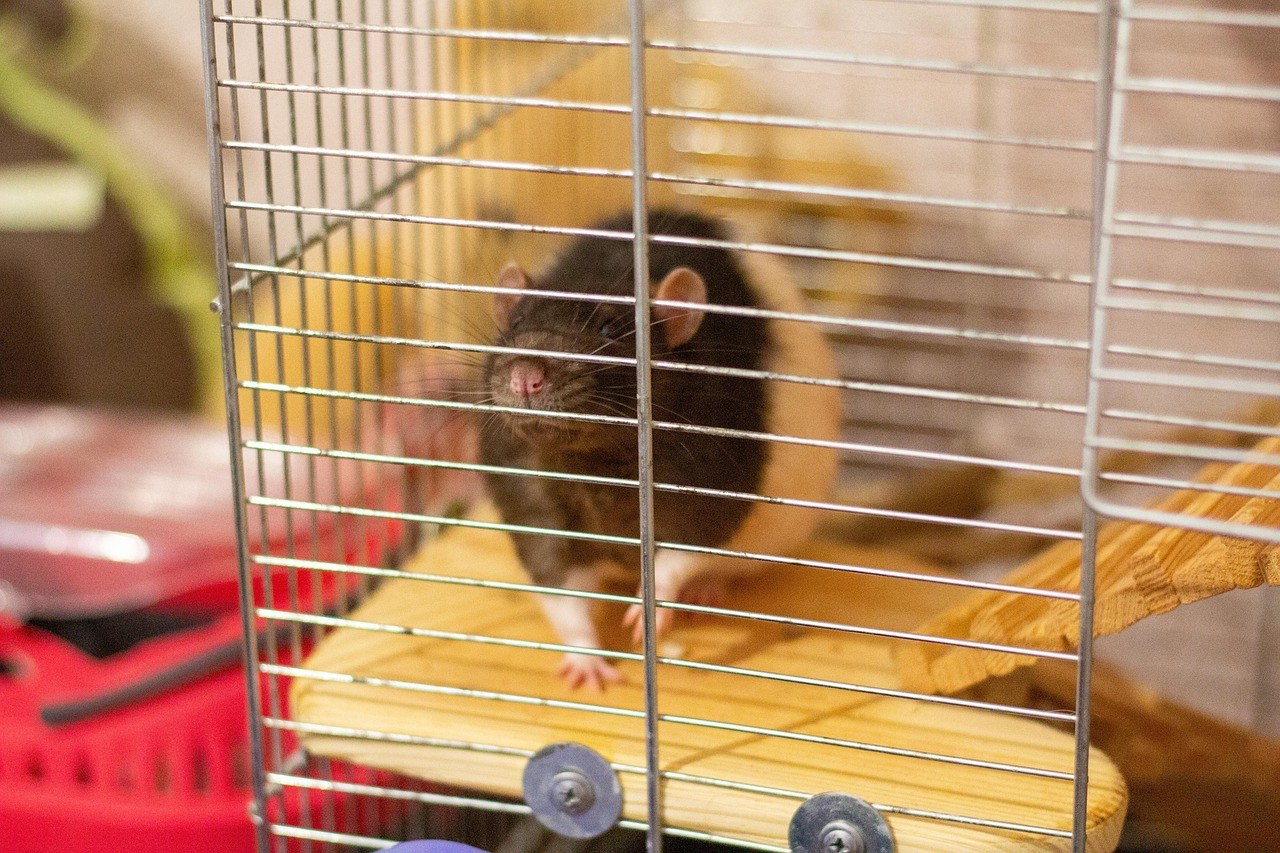Heartbreak can feel like the ground giving way beneath you – sudden, disorienting, louder than anything else in your day. One moment you’re reaching for the person who once felt like home, and the next you’re staring at a quiet phone and the echo of plans that won’t happen. You’re not broken for feeling this way, and you’re not weak for wanting relief. There is a way to stop caring enough that the grief no longer rules your mornings and nights, a way to reclaim your steadiness and begin again.
None of this asks you to erase love or pretend the story never mattered. The aim is humbler and kinder: to loosen the grip of longing until your life can move freely again. When you choose, steadily and repeatedly, to stop caring to the degree that hurts you, the ache softens. It takes time – anyone who tells you otherwise is selling a shortcut – but time plus intention is powerful medicine.
As you read, pause where it stings, breathe, and keep going. Each step is small on purpose, because small momentum adds up. The point isn’t to pass a test of toughness; it’s to rebuild trust with yourself, one gentle practice at a time.

Why endings can arrive without warning
People change in uneven ways. You might be deeply content while your partner is quietly wrestling with doubts you can’t see. Love can be honest in one season and uncertain in the next. Breakups often feel like ambushes because our minds highlight bright memories and blur out cracks – a survival trick that backfires when the story ends. You did not miss the “one thing” that would have saved everything. Sometimes two decent people are simply traveling in different directions.
When you accept that endings can be both painful and ordinary, the question shifts from “How do I fix the past?” to “How do I carry myself through the present?” That shift is the beginning of relief.
Why learning to stop caring protects you
Grief needs room, but obsession steals oxygen. Learning to stop caring at the intensity that burns you is an act of self-respect. It’s not indifference – it’s boundary-setting with your own thoughts. Each day you choose to stop caring past the point of kindness to yourself, you build a little more inner space for rest, for friends, for slow joy. That space is where healing gathers.

This isn’t about punishing your ex or pretending you’re unaffected. It’s about taking the energy you’ve been pouring into rumination and pouring it back into your own well. As the well refills, you start to respond to life instead of reacting to memories.
Will you ever stop caring entirely?
Probably not – and that’s okay. A small, quiet concern for someone you once loved is human. The goal is not to delete your past; it’s to stop caring in a way that keeps reopening the wound. When care shrinks to a gentle, appropriate size, you can think of them without losing your balance.
Practical moves to reclaim your peace
Accept what stands. Reality wins every argument. If they chose to step out of the story, chasing the old script only prolongs pain. Acceptance isn’t approval – it’s acknowledging the facts so your heart can stop caring about possibilities that no longer exist.

Speak it aloud to safe friends. Isolation feels tidy but it intensifies hurt. Name what happened, let people witness you, and borrow their steadiness when yours wobbles. Saying the truth out loud reduces the mental loop that keeps the hurt on repeat.
Balance the highlight reel. Memory cherry-picks the sweetest scenes. Counter it on purpose: recall missed calls, lukewarm effort, mismatched values. You’re not rewriting history – you’re widening it – which helps you stop caring about a fantasy version of the relationship.
Audit compatibility with honesty. Love is potent; compatibility is practical. Ask whether your rhythms, futures, and values actually aligned. If not, the relationship ended for a reason, and that clarity helps you stop caring about rebuilding what never fully fit.
Invite outside perspective. Trusted friends can see patterns you can’t. Ask what they noticed, listen without defending, and let fresh angles untangle old stories. Perspective is a gentle solvent for attachment.
Edit your digital world. Mute, unfollow, archive photos. This is not petty – it’s first aid. Every sighting re-triggers the nervous system. Curate your feeds so your brain can stop caring about updates that keep yanking you back.
Remove the easy contact. Delete the number, the chat thread, the pinned conversation. When the impulse to reach out passes through a barrier, you gain time to choose differently – and choice is how habits change.
Redirect the thought stream. When your mind drifts toward them, gently pivot. Count your breaths, recite a lyric, stand up and drink water. Thought replacement is not denial – it’s training – and repetition helps you stop caring by starving the loop of attention.
Box the reminders. Gifts, notes, hoodies – place them out of sight. You’re not erasing meaning; you’re protecting recovery. Distance lets tenderness cool into neutrality.
Choose healthy distraction. Laughter with friends, deep work, a long walk – anything wholesome that absorbs you. When your day contains moments that fully engage you, your heart learns it’s safe to stop caring for stretches of time.
Let sadness move through. Tears complete cycles that thinking cannot. Give grief a container – a journal page, a shower cry, a bedtime playlist – and it won’t sprawl across the entire day.
Adopt a beginner’s mind. Try pottery, coding, salsa, gardening. New skills require attention and reward progress, reminding you that life is wider than this loss. Mastery later is lovely; curiosity now is medicine.
Stay open to serendipity. You don’t have to date, but say yes to invitations, classes, trips. New rooms hold new stories. Openness helps you stop caring about a single door because you start noticing the hallway.
Protect your joy. You deserve warmth that is mutual and steady. Choosing yourself isn’t selfish – it’s wise – and it reinforces the decision to stop caring about what consistently hurt.
Practice patience like a craft. Healing is seasonal. Some mornings you’ll feel light; others, heavy. Measure progress by weeks, not hours, and let time do what urgency cannot. Patience supports the daily choice to stop caring past your limits.
Invest in your future self. Update your résumé, book the dentist, lift weights, learn a language. Each small upgrade is a vote for the person you’re becoming – a person who doesn’t need to win the past to feel worthy.
List the reasons you’re letting go. Keep a note on your phone: sleepless nights, constant second-guessing, repeated disappointments. When nostalgia spikes, read the list. It anchors your resolve to stop caring when memory gets slippery.
Drop the scoreboard. There is no trophy for “winning” the breakup. Competing keeps you entangled. Opt out, and your energy returns to you.
Skip the hate spiral. Anger can be a bridge, but it’s a poor home. You can acknowledge harm without feeding hostility. Calm indifference arrives faster when you stop caring about keeping a grudge alive.
Find meaning without forcing it. You may not yet know why this chapter ended. Trust that understanding matures over time – often when you’re no longer chasing it. Peace doesn’t require an immediate lesson.
Say yes to small adventures. Take the scenic route, book a last-minute matinee, try a new café. Spontaneity loosens rigid routines where rumination thrives, giving your mind new textures to notice.
Limit contact with their circle. If you don’t share a tight friend group, create breathing room. Updates from mutuals act like smoke alarms – constant, jarring, and unnecessary during recovery.
Refuse the martyr role. “I always get hurt” sounds truthful and feels protective, but it locks you in a story with no doors. Trade martyrdom for agency: what small decision today supports your healing?
Forgive yourself for what you didn’t know. You made choices with the information and capacity you had. Self-forgiveness dissolves shame and helps you stop caring about counterfactuals – the “if onlys” that exhaust you.
Guard against cynicism. One experience is not the whole of love. Bitterness promises safety and delivers isolation. Keep your heart sturdy, not closed.
Do the thing you were discouraged from. Dye the hair, take the solo trip, enroll in the class. Reclaiming a desire they disapproved of reminds you that your life is yours to design.
Follow your inner compass – not the old pull. If your gut asks for rest, rest; if it asks for movement, move. Listening inward teaches your nervous system it can trust you, which makes it easier to stop caring about outside validation.
Ignore the peanut gallery. Gossip is about the gossiper. Your job is healing, not public relations. Privacy can be a nourishing boundary while you rebuild.
Release the backward gaze. The mind loves “what if.” Kindly redirect to “what now.” Treat the relationship as a chapter – meaningful, complete, no longer the entire book. That reframing supports your choice to stop caring in ways that stall your life.
Move slowly on purpose. Don’t use a new romance as anesthesia. Take walks, cook simple meals, create unhurried evenings. Grieving at a humane pace is how you become ready for what’s next without dragging the past along.
When the ache softens
One day you’ll notice the quiet first – coffee that tastes like coffee again, a commute where your chest stays calm, a song that no longer stings. You won’t have erased love; you’ll have right-sized it. That’s the gift of practice: each small choice to stop caring beyond what serves you adds up until the hurt is background noise, and the present is loud enough to hear. Keep choosing yourself – steadily, kindly, again tomorrow.